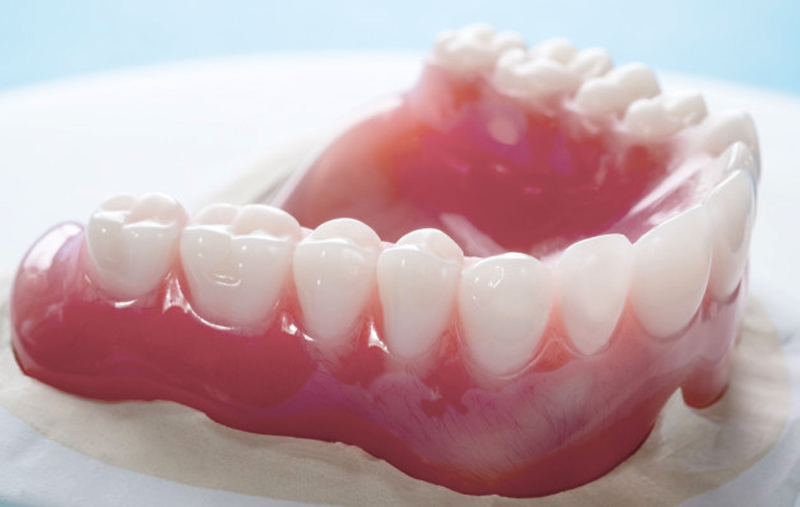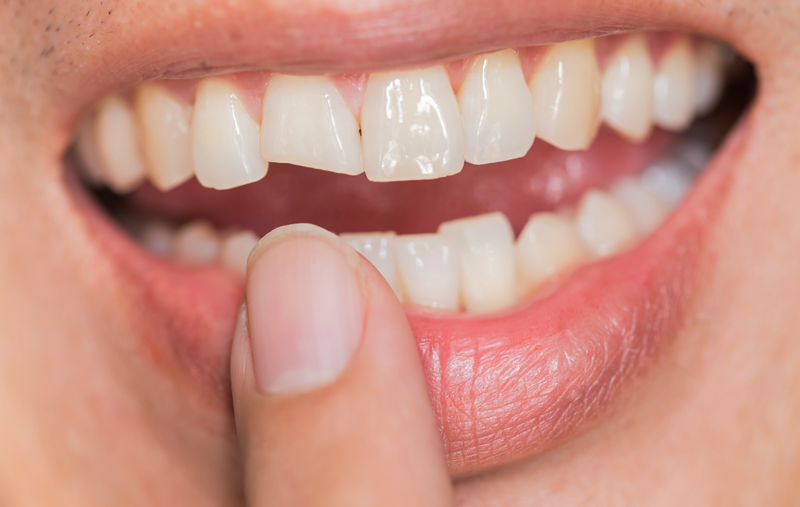- Essentials of Dentures
- Full or Partial dentures
- Denture Fact file
- Dentures - A Boon
- Substitute for Dentures
- Bespoke Dentures
- Denture Perfect
- Denture Care
Essentials of Dentures
Dentures are a trusted appliance made of porcelain proved to be an effective way to replace missing teeth. These removable plastic or metal frameworks carry single or multiple false teeth. Missing teeth are often replaced with dentures, as they are custom made to fit the size and shape of your mouth, and look as natural as possible.
To understand more about dentures and how it can suit your needs, feel to reach us at 121 Earls Court Dental practice they’ll be happy to advise you, and answer any questions.
Resins being lighter and cheaper is preferred over porcelain which was once the main material used for making dentures.
Types of Dentures
Complete Dentures | Partial Dentures | Cobalt Chrome Dentures | Flexible Dentures
Which one should i choose – full and partial dentures?
A full denture is a removable appliance, an acrylic base, or plate, which sits over the gums. A set of finely crafted acrylic teeth is fitted on this base. The look will be as natural as possible thus replacing your original teeth.
A partial denture may be the right solution if you’re missing only a few teeth. They work as an alternative to a bridge to fill gaps in your teeth. Here in this case one or more prosthetic teeth are attached on a plate which is usually made of plastic or metal. Partials made with metal plates are more durable and expensive too.
Full Denture
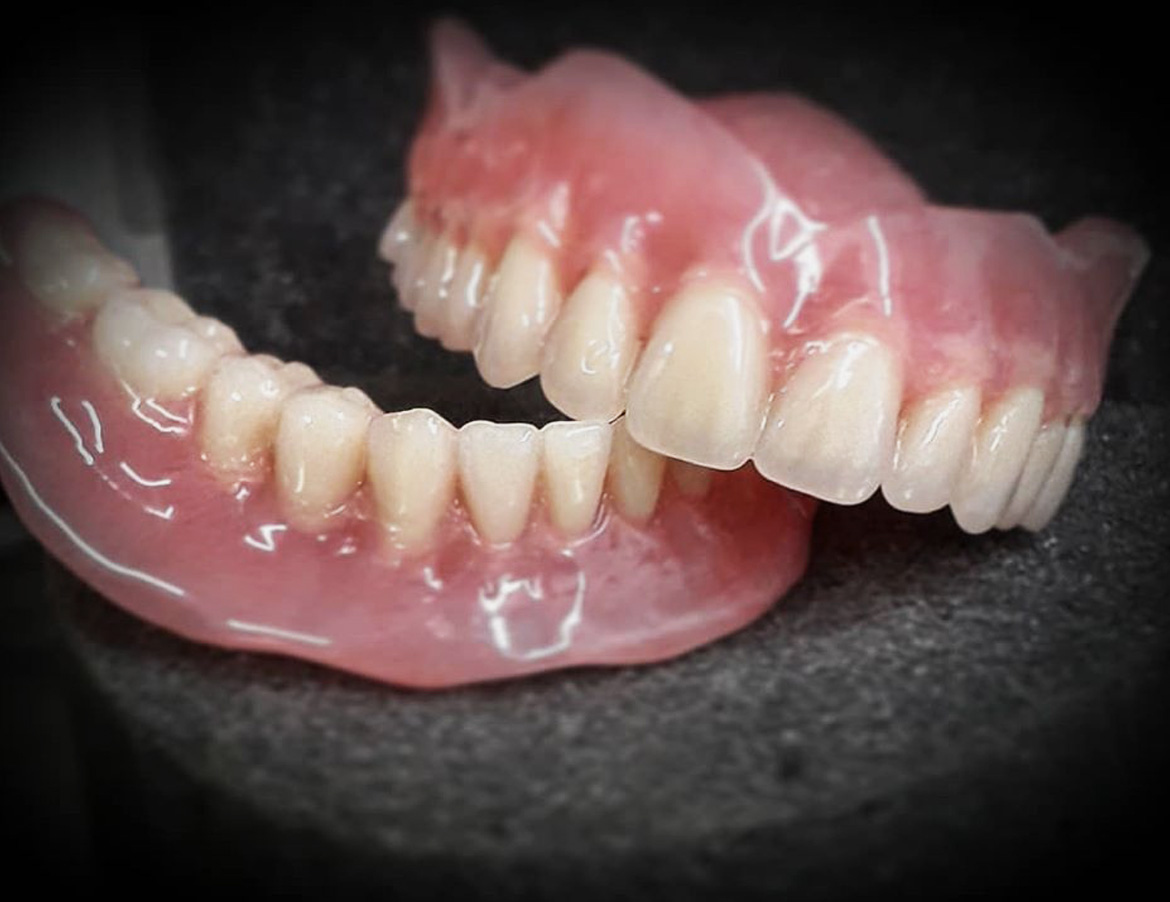
Partial Denture
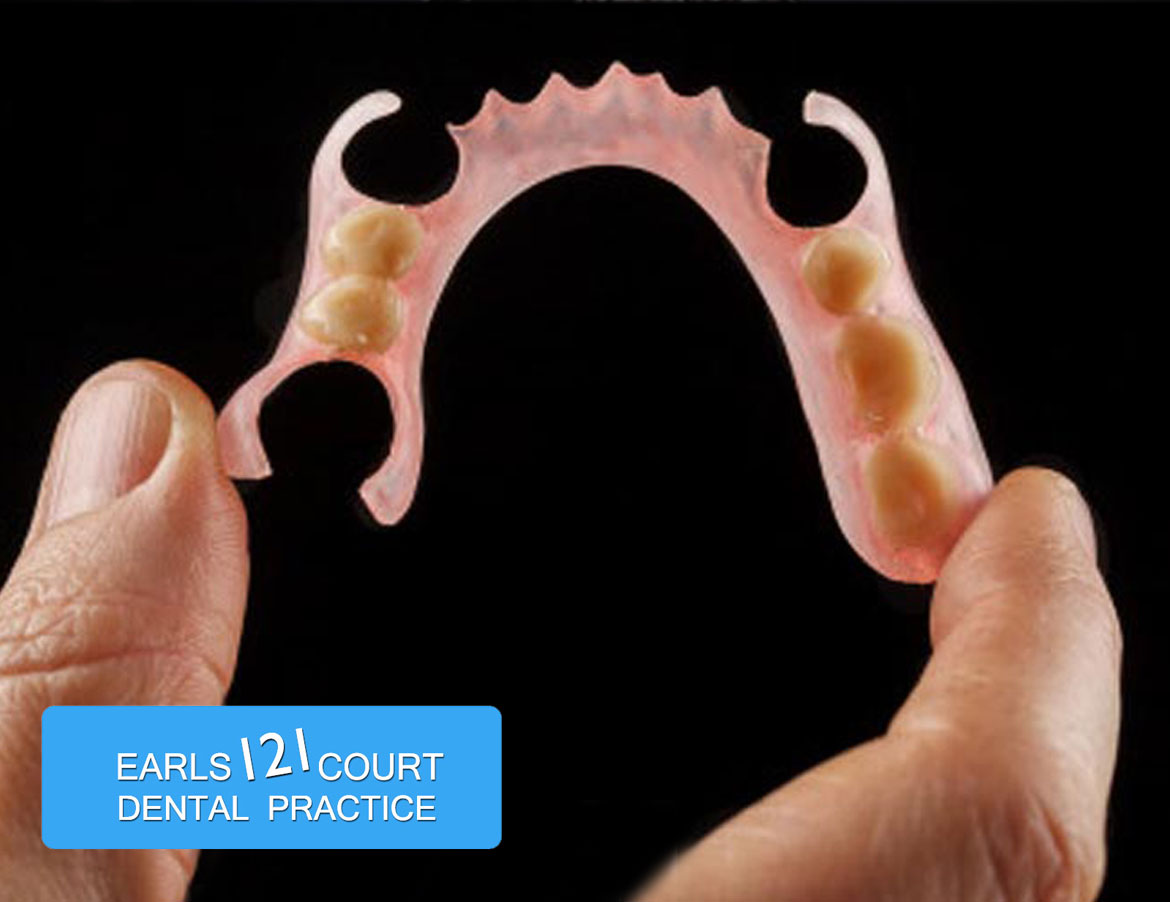
Facts About Surgeons

Teething Issues are a part and parcel of any product or service. Moreover this is a product that will fit in your mouth, so all the more discomfort in the beginning. Initially you may face discomfort, make sure you make it known to your dentist.
Your dentist may schedule a check-up appointment every week after fitting your new dentures to see the fit and make any necessary adjustments. Your dentures should start to feel more secure as you get used to them. Generally, dentists advise against wearing dentures at night.
But your dentist may suggest that you simply wear them night and day for the primary week or two, to assist you get ont to them.
You may find some words difficult to pronounce initially, but this usually improves with time. Try reading out loud to practice. It can take a short time to urge wont to eating with new dentures, so it’s best to start out with soft food. Try to use each side of your mouth at an equivalent time. This will help your dentures to stay firm.
You need to look after and maintain your dentures. If not cared for, they can become brittle. As you age, your facial structure changes, which suggests you would possibly got to have your dentures adjusted to suit properly. However, they should last between five to eight years, depending on how well they’re cared for.
Generally, dentists advise against wearing dentures at night. But your dentist may suggest that you wear them night and day for the first week or two, to help you get used to them.
You may find some words difficult to pronounce at first, but this usually improves with time. Try reading out loud to practice.
It can take a while to get used to eating with new dentures, so it’s best to start with soft food. Try to use both sides of your mouth at the same time. This will help to keep your dentures in place.
You need to look after and maintain your dentures. If not cared for, they can become brittle. As you age, your facial structure changes, which means you might need to have your dentures adjusted to fit properly. However, they should last between five to eight years, depending on how well they’re cared for.
Why dentures in Today’s World ?
 A missing tooth can have a direct impact on the way you look and feel in many ways. It can bring down your confidence level as it affects your speech too. It can have an impact on your health in many ways. It brings a limitation on the kind of food you intake since the absence of a few teeth leads to loss of chewing capability leading you to switch over to softer chewable food.
A missing tooth can have a direct impact on the way you look and feel in many ways. It can bring down your confidence level as it affects your speech too. It can have an impact on your health in many ways. It brings a limitation on the kind of food you intake since the absence of a few teeth leads to loss of chewing capability leading you to switch over to softer chewable food.
Dentures can be a boon in this case. It can restore your confidence and make life much easier as with dentures you can communicate better without any compromise on the way you carry yourself, your smile and your speech.
Dentures enable you to speak, smile and do all those things normally. Eating with comfort will be an additional benefit is you can correct your bite and chewing ability having an impact on your overall health too.

Your missing teeth can impact the jawline and lead to other issues as you age over a period of time. Replacing missing teeth will help keep your oral health up and running as it can reduce the gaps, which may lead to further decay.
Dentures are considered clinically necessary to replace missing teeth. At 121 Earls Court Dental Practice, all kinds of dentures are made at our in-house dental lab and an on-site dental technician.
What are the alternatives to dentures?
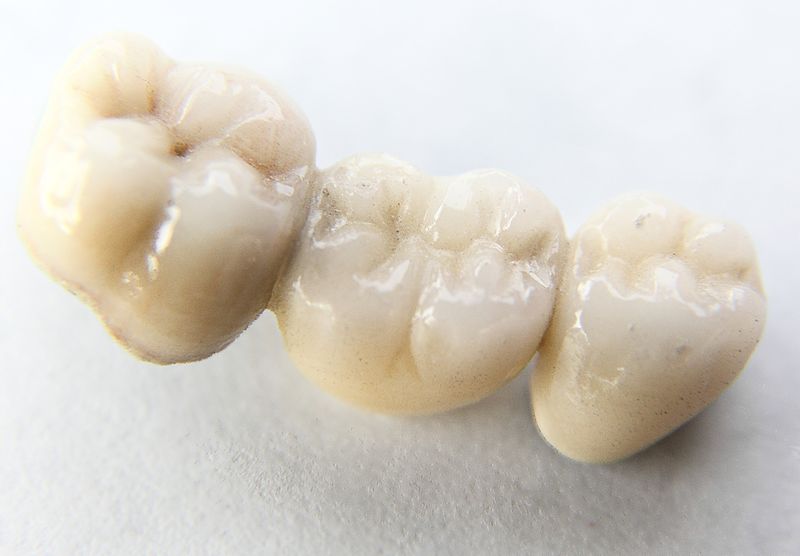
What is a dental bridge?
If you’ve got missing teeth, your dentist can close — or bridge — the gaps in your smile with dental bridges. A dental bridge may be a false tooth (called a pontic) that are held in place by the abutment teeth on either side of the gap. Although pontics are often made up of a spread of materials like gold, typically they’re made up of porcelain to aesthetically blend in together with your natural teeth
Dental implants – An implant may be a surgical component that interfaces with the bone of the jaw or skull to support a dental prosthesis like a crown, bridge, denture, facial prosthesis or to act as an orthodontic anchor.
Depends on the number of missing teeth, also which teeth are missing and the present oral condition of your gums will be the deciding factor for the dentist to suggest accordingly.
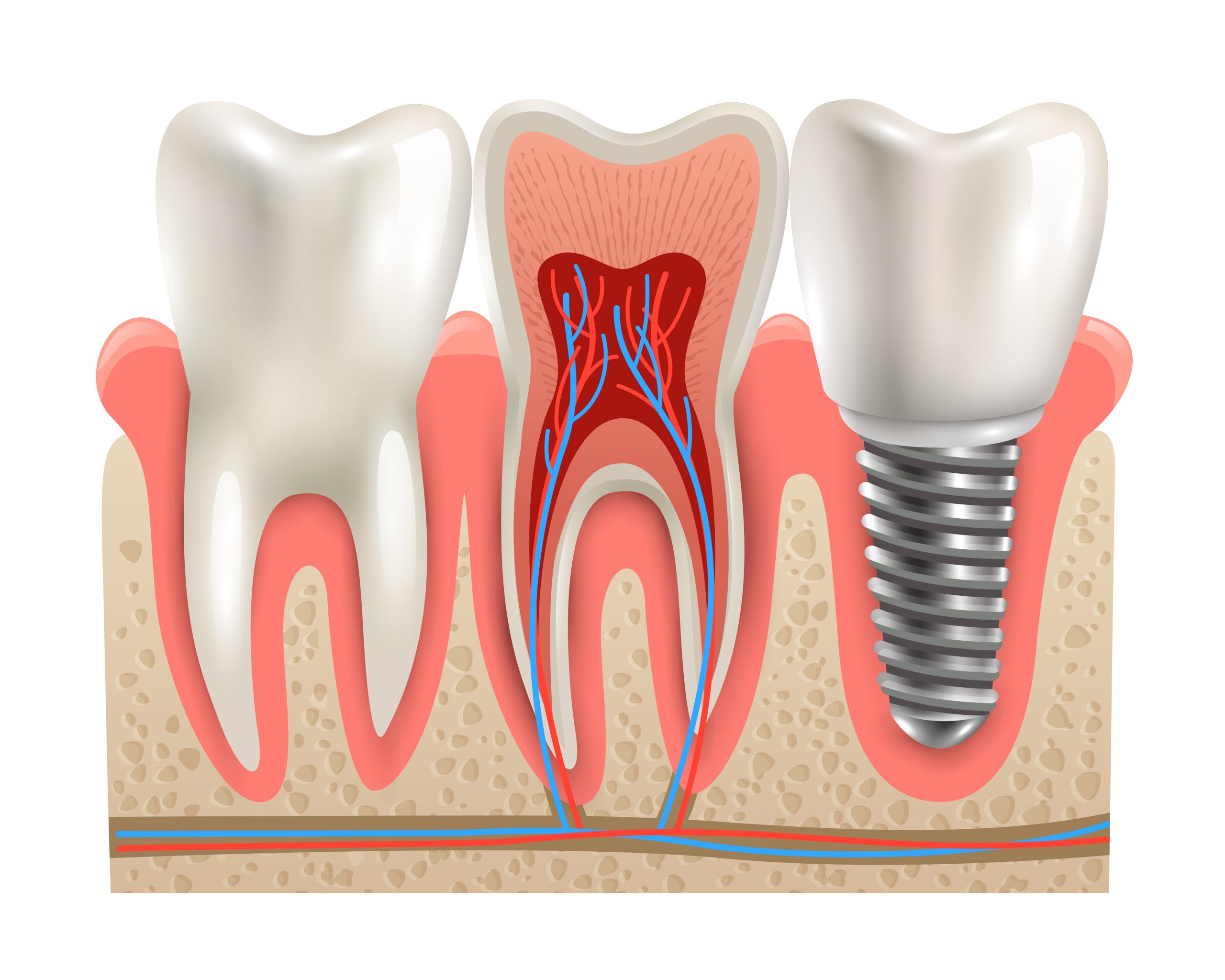
Dentures are here to stay
Your dentures are one of its kind, designed only for you. Your dentist will take an impact of the mouth with dental putty before the denture is formed to ensure it fits well. The impression and precise measurements of your mouth are going to be given to a denturist to our on-site dental technician, who will build your dentures to the right size and shape. The aesthetics, feel and appearance will be as natural as possible.
Before having your denture fitted, a possibility is that you’ll have more teeth removed, in order to permit for a full set of dentures to be fitted. In case your other teeth are already too decayed or loose. As you get ready to have full dentures fitted straight afterwards or your dentist may recommend that your gums are left to heal for up to a few of months. This might mean that the dentures fit better.
If you’ve got your dentures fitted immediately, they might need adjusting later to enhance the fit. Your dentist will assist you decide which option is best for you.
It takes time to get used to wearing dentures. They’re not a permanent solution for missing teeth, dentures are removable and shouldn’t be worn at night.
Knowing your denture
 Partial dentures often have clasps that clip on to the teeth next to your denture and help to stay it in place. Full upper dentures cover the roof of your mouth (palate). A thin layer of saliva between your palate and therefore the denture creates suction, which keeps it firmly in position. Your facial muscles and tongue also help to stay it in place . Full lower dentures are often harder to stay in place because there’s less support from your gums. With a touch practice, you’ll learn to balance the denture between your cheeks and tongue.
Partial dentures often have clasps that clip on to the teeth next to your denture and help to stay it in place. Full upper dentures cover the roof of your mouth (palate). A thin layer of saliva between your palate and therefore the denture creates suction, which keeps it firmly in position. Your facial muscles and tongue also help to stay it in place . Full lower dentures are often harder to stay in place because there’s less support from your gums. With a touch practice, you’ll learn to balance the denture between your cheeks and tongue.
If you discover your dentures slip initially once you laugh or cough, try biting down gently and swallowing which should put them back in position.
Newbies to dentures use the denture adhesive cream (fixative), although most of the people manage without it. Some people find it helps with their confidence while they’re getting used to their new dentures. Dentures with poor fittings can make your mouth very sore, so if you’re concerned about the fit, see your dentist.
Good Oral hygiene habits

Your dentures should last several years if you take care of them. Follow the following pointers to keep your dentures and your mouth fresh and healthy.
Oral hygiene is crucial, make it a point to brush, soak, then brush again. Clean your dentures after every meal employing a soft toothbrush and soap or toothpaste. Ensure you clean all the surfaces of your dentures, including the areas that sit against your gums and the roof of your mouth. Often soak them in a denture cleaning solution if you would like, as this might help to get rid of stains with a little brush on your dentures.
Ensure you clean over a soft surface, so that even if it falls off your hand it will intact. Some dentures have a soft lining. Ask your dentist for advice before you employ a denture cleaning solution on this sort of denture. The linings are delicate and may be damaged by cleaning solutions.

Don’t allow them to dry out. Leave dentures in a plastic box or glass of cold water overnight in order that they don’t dry out. Brush your teeth and gums.
Brush your remaining natural teeth twice each day with fluoride toothpaste and use floss or tape to wash between them. If you’ve got dentures, it’s important to wash your gums, tongue and therefore the roof of your mouth with a soft brush.
Take dentures out in the dark. It’s important to require your dentures out in the dark to permit your mouth to rest. Doing this will also help keep away from infections.
Have regular dentist check-ups at this stage of life in spite of no natural teeth left is a part of good hygiene habits, Your dentist will check the fit of your dentures and for any problem areas on your gums and soft tissue.
Dentures should last an extended time if you take care of them properly. But if they become worn or don’t fit properly, they will be irritating and uncomfortable. Ideally, you ought to have your dentures re-made before these problems arise.
Make it a point to visit your dentist regularly in order that they can advise you when it’s time to possess new dentures fitted.

